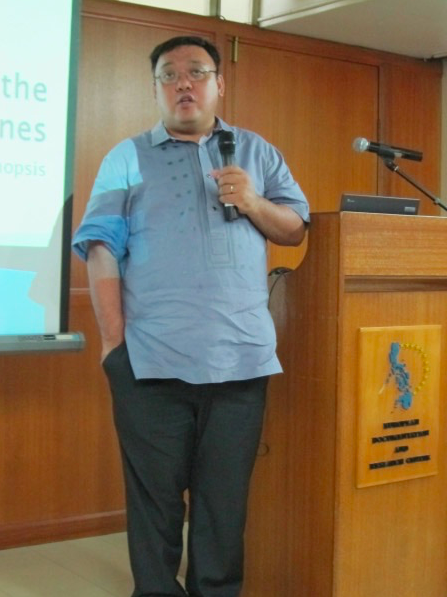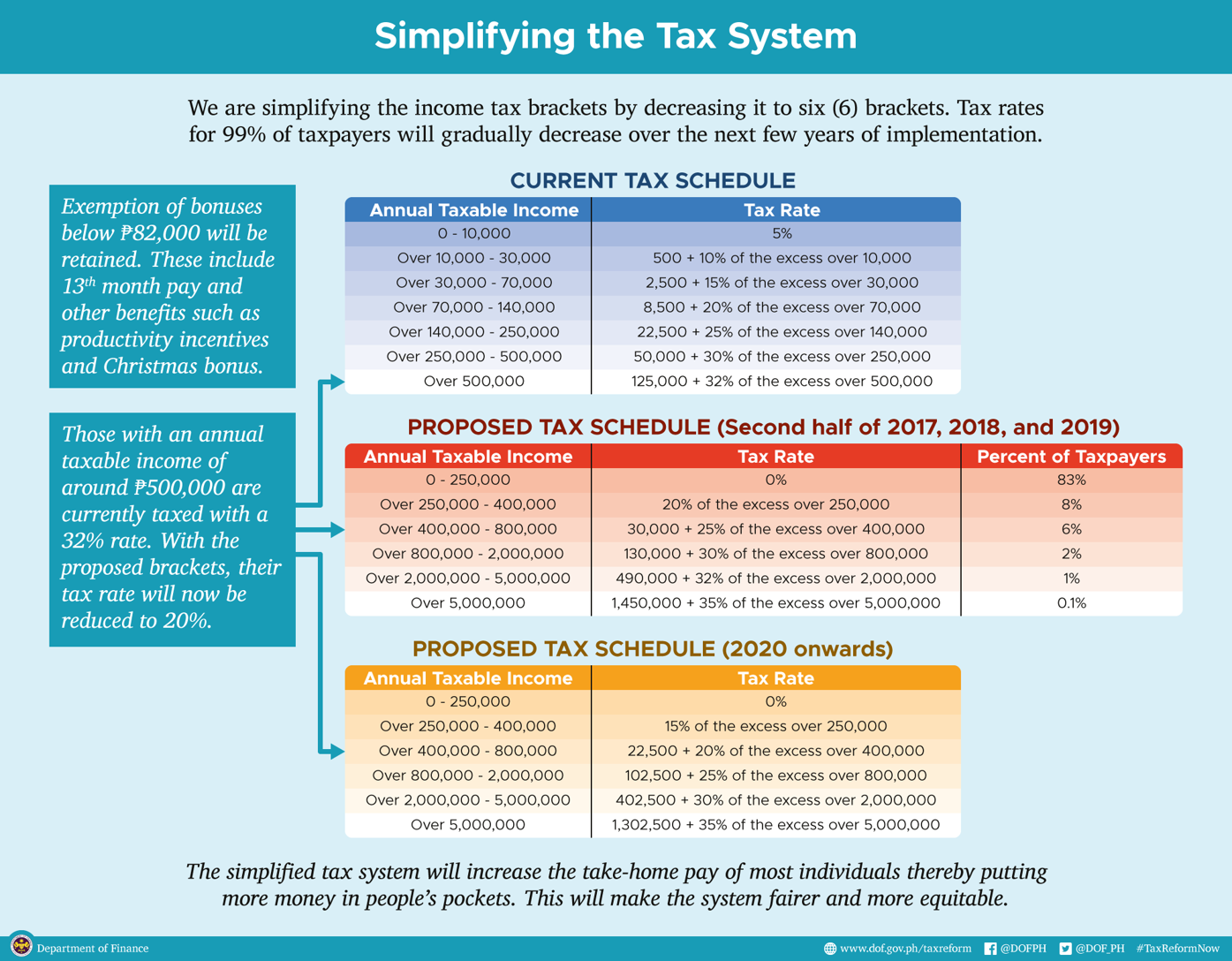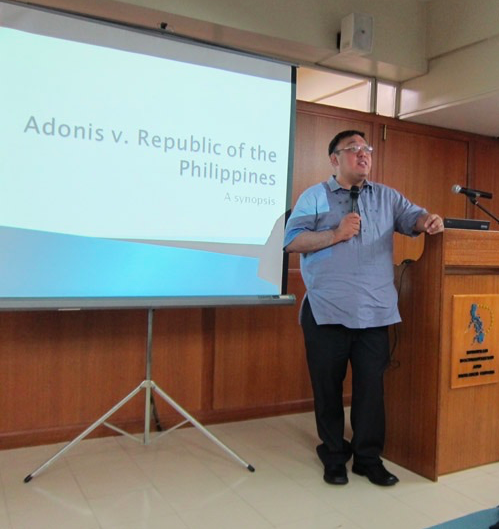Is it time to decriminalize libel? (Part 1 of 2)
If you are in media, a blogger, active in social media, or merely a citizen, be careful what you say or write. If another person feels it has damaged his or her reputation, you could be facing a libel charge. And if the charge sticks, you are likely to face jail time because in the Philippines, it is criminal libel.
In most other countries, libel is a civil case for which penalties are usually financial in nature. But in the Philippines, because it is deemed criminal in nature, media most specially view this as a stifling of press freedom.

What is libel?
Article 353 of the Revised Penal Code of the Philippines describes libel:
“A libel is public and malicious imputation of a crime, or of a vice or defect, real or imaginary, or any act, omission, condition, status, or circumstance tending to cause the dishonor, discredit, or contempt of a natural or juridical person, or to blacken the memory of one who is dead.”
The next article then states that the presumption of malice is present in a libel charge:
“Art. 354. Requirement for publicity. — Every defamatory imputation is presumed to be malicious, even if it be true, if no good intention and justifiable motive for making it is shown, except in the following cases:
1. A private communication made by any person to another in the performance of any legal, moral or social duty; and
2. A fair and true report, made in good faith, without any comments or remarks, of any judicial, legislative or other official proceedings which are not of confidential nature, or of any statement, report or speech delivered in said proceedings, or of any other act performed by public officers in the exercise of their functions.”
Succeeding articles of the Revised Penal Code cover what may be included in libel charges, i.e. writings or similar means, threatening to publish and offer to present such publication for a compensation, prohibited publication of acts referred to in the course of official proceedings, slander (oral defamation) and slander by deed.
Some cases of curtailed press freedom due to libel
Atty. Harry Roque, Center for International Law and Director, Institute of International Legal Studies and Law Center of the College of Law, University of the Philippines, recently spoke at a forum about how libel has long been used to intimidate the media and curtail press freedom. He cited a case four years ago when the First Gentleman (FG) Jose Miguel Arroyo sued over 40 journalists. A lady writer under a nom de plume from a small newspaper was served a warrant of arrest in the presence of other Malacanang Press Corps (which, Roque says, served to send a chilling message to the other journalists that they would encounter the same fate if they wrote as this lady writer did). The Philippine media filed a class suit to recover damages from FG using an obscure provision of the Civil Code known as Abuse of Right, which says that even if you are exercising a lawful right, if it’s done in a manner that injures the rights of others, cause of action can be brought against you for damages. That provision plus a Civil Code provision on infringement on constitutionally protected rights like freedom of the press, were the basis of the class suit. The libel suits filed by FG have since been withdrawn.
FG was sued by media because, as Roque explained, he was presumed to know the nature of libel law in the Philippines, being a lawyer himself. He was supposed to know that as a public figure (being husband of the President), all that is written about him is called qualified privilege which includes reporting on things of public interest. In effect, he is subject to public scrutiny. His libel suit was viewed as an infringement on press freedom.
It would have been a different case if FG was a private citizen. A private individual, who is trying to protect his privacy and stay anonymous, is protected by this law; any libel charge on his person is legally presumed to be malicious and it is the respondent’s burden to prove absence of malice. A public figure, on the other hand, gives the public the right to inquire even into his public affairs and so the burden of proof to prove malice shifts to the complainant.
However, while there is such a thing as libel defense, Atty. Roque says that it is still not sufficient because even if eventually acquitted, the respondent can still expect some jail time, half a day at the very least, while awaiting the results of the judicial process in the country.
Atty. Roque went on to describe another case – that of Alex Adonis, a Davao-based broadcaster who served 2 years out of a total of 4 years in the Davao Penal Colony in 2008 for a sentence arising from his conviction on a libel case filed by former House Speaker Prospero Nograles known as the alleged ‘Burlesk King’ incident.
Enter the UNHRC
An extraordinary remedy under the UN Human Rights mechanism was resorted to – the United Nations Human Rights Committee (UNHRC). As a backgrounder, this committee was established pursuant to what’s known as the optional protocol to the International Covenant on Civil and Political Rights (ICCPR). It is a treaty-monitoring body that checks compliance by parties to the ICCPR. Membership alone does not give the UNHRC jurisdiction over individual complaints from nationals of member countries to ICCPR; these countries had to additionally ratify the optional protocol to the ICCPR. Luckily, Pres. Cory Aquino ratified both the ICCPR and optional protocol in 1987, making the Philippines the only Southeast Asian country whose nationals can file individual communications/complaints before the UNHRC.
Adonis had two arguments to plead his case before the UNHRC:
1. that criminal libel is not a reasonable restriction because under the Revised Penal Code, truth is not a complete defense. It is the absence of malice;
2. the penalty is not proportional to the aim of protecting private individuals since there is an alternative sanction, which is civil libel.
Last January 31, 2012, the United Nations Human Rights Committee (UNHRC) released a resolution declaring that our criminal libel law is “incompatible with Article 19, paragraph 3 of the ICCPR”. In its views adopted on October 26, 2011 following its 103rd session, the UNHRC also ordered the Philippine government to provide Adonis with “an effective remedy including adequate compensation for the time served in prison.”. In addition, the UN body declared that the Philippines is “also under an obligation to take steps to prevent similar violations in the future, including by reviewing the relevant libel legislation”.
The Philippines was given 180 days from receipt of the communication from the UNHRC by the Philippine Ambassador to Geneva to make a response. Even before those 180 days are up – on May 27, 2012 – the Philippines will be subjected to universal peer review. The Philippines is expected to be asked how it is acting to implement the view of the UNHRC.
Part 2 will look at how civilians are also affected by the criminal nature of libel, the recent media efforts to push for Congress to decriminalize libel, and the challenges faced.
Photo by Jane Uymatiao. Some rights reserved.


